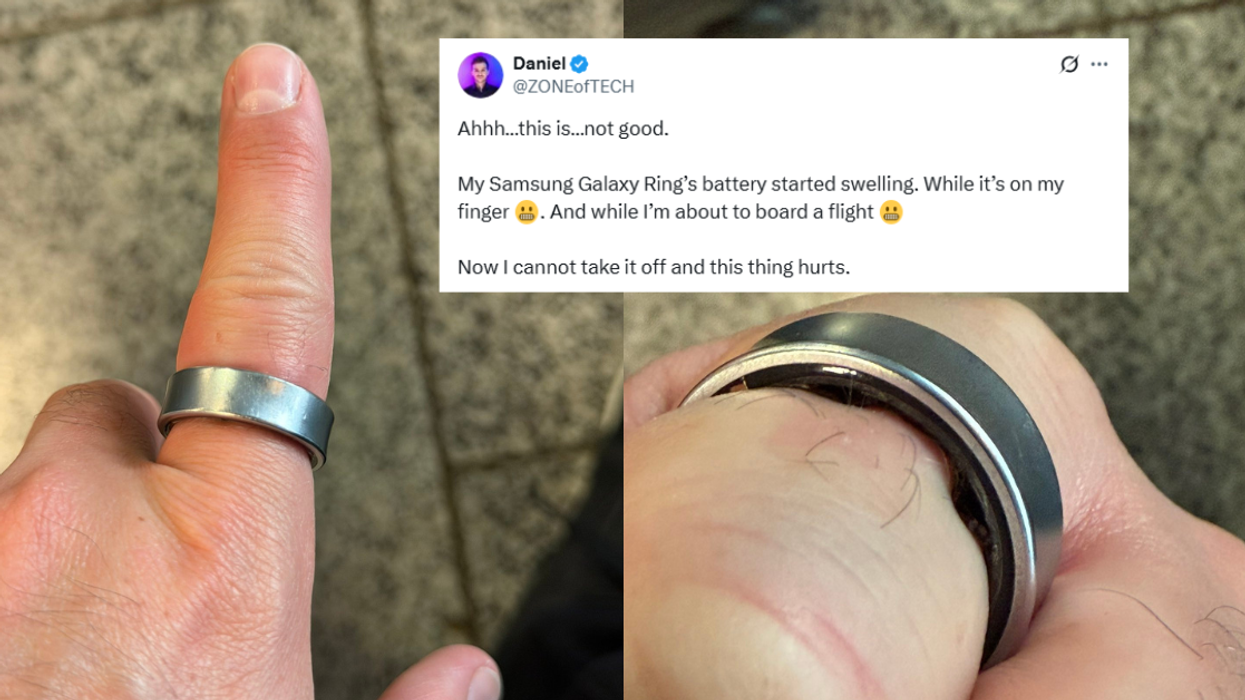Nathan Brown opens up about the rigorous regimen of alternative treatments that is saving his life.
He says somedays he “feels invincible" nearly 13 months after a diagnosis of stage four esophageal cancer. Particularly after doctors gave him a year to live.
Brown was building his career as a software engineer and his future with Keely Brown when he started struggling to swallow food in 2017.
That lead to a diagnosis of esophageal cancer, which was treated with chemotherapy, radiotherapy and major surgery.
Two years later the cancer returned with vengeance and, in March 2019, he was told it was stage four and terminal.

He had to stop chemotherapy after two weeks since it made him sick. And, although he still received a full month-long course of radiotherapy he was told he would be lucky to survive for another year.
But Brown began a forensically planned alternative regime designed to “starve" cancer cells. Featuring everything from vitamins to Japanese “off-label" drugs and probiotics.
“It appears to be paying off. In December scans showed that the cancerous cells in my neck had reduced so much they were unnoticed by a CT scan, although there are still some present in my lungs," he said.

“I genuinely believe that the radiotherapy treatment, combined with the work I've been doing to help my body – living differently, changing my diet and walking, as well as taking off label drugs – is why I'm still alive today," he continued.
“My immune system remains strong thanks to what I've been doing."
“It feels unexpected but rewarding to still be here. I feel like all the effort and research I have been doing for the last year is the reason I'm still alive. I'm stubborn and have not given up."

Brown's inspiration has been a book called "How to Starve Cancer", by author and stage four cancer survivor Jane McLelland. She advocates using diet, natural therapies and off-label drugs to starve the cancer of glucose, glutamine and fat.
“I was taking out a lot of carbohydrates because nine times out of 10 they will transfer into glucose, which can lead to changes in the metabolic programme of the cancer cells and support them to grow," he explained.
“I started exercising. I would stomp around Sutton-in-Ashfield listening to a good audiobook on how to treat cancer, just to build up my stamina."
Brown went into detail about his diet.
"I eat a lot of vegetables, oats, salad, chickpeas, nuts, eggs and fish, and make a lot of fresh soups. I also take probiotics and around 15 different supplements including Vitamin D, K2, and Japanese knotweed, fish oils, milk thistle, green tea, CBD oil, curcumin and magnesium – plus I drink a lot of water to stay hydrated," he said.
“I saw a private oncologist in London about a year ago to ask about taking off-label medication. The main thing is metformin, which is what diabetics take and helps to lower my blood sugar, to stave off the cancer cells."
“Unfortunately, I still have cancer, but I'm fighting it and I'm living the healthiest version of my life that I can which is really helping me."

“I still feel tired and it's still a daily struggle, but what I'm doing is the reason I'm still alive. Some days I feel invincible but then I am quickly reminded that I have stage four cancer. It's really tough," he explained.
“It's really impacted on my mental health, but what I've been doing is helping me keep that in check as well."

“My nails grow quickly. I didn't lose any of my hair during chemotherapy. I actually grew my hair out as a middle finger to cancer, and it's nice and thick," he added.
He also talked about how young people are still vulnerable to cancer.
“My research has shown that more people are getting cancer younger. It's got to be something to do with our lifestyle, diet, pollution – they allow those cancerous cells to proliferate," he said.
“It makes perfect sense that the regime I am following now should be helping to beat mine."

When Brown first had problems swallowing back in 2017, he thought it was just acid reflux.
But, as it worsened, an endoscopy examination revealed a tumor on his esophagus and in September 2017, he was diagnosed with stage three esophageal cancer.
“It felt like someone was squeezing my food pipe and it was slowly getting worse and worse to the point I'd have to puree my food in order to swallow it," he recalled.
“When the consultant told me I had cancer, I sort of sat quiet for a good 15 to 20 seconds," he said.
“My friend had come with me to Nottingham City Hospital as I'd told Keely and my family that it was nothing serious. Thankfully, they said it could be cured with treatment and it didn't look like it had spread."
Esophageal cancer is mainly diagnosed in people in their 60s and 70s, according to the NHS.
In Brown's case, he first received chemotherapy, then radiotherapy in November and December, followed by a total esophagectomy at Nottingham City Hospital in January 2018.
This removed the tumor on his esophagus, most of his food pipe and the surrounding lymph nodes.
“I effectively had to learn how to eat again afterwards, starting with a liquid diet, then pureed food like mash potato and building it up from there," he said.
“But as I increased my diet, I suffered from something called 'dumping syndrome.' My stomach did not have enough time to digest food, so my bowels would evacuate."
Finding processed food and dairy aggravated his digestive problems, he stopped having them – also eliminating other foods through trial and error.

With his digestive system “destroyed," he was unable to work until 2019.
But before he was able to he discovered a lump on his neck and was horrified to find the cancer had returned.
It had spread to his lymph nodes, neck, and lungs, with doctors offering only palliative treatment and giving him 12 months to live.

“It was horrible. I felt like all the hard work I'd done to get myself well after the first diagnosis was for nothing," Brown said.
“But I knew I wanted the treatment as I was desperate to marry Keely – that was all I could think of. Realizing how short life is, and having proposed to her a couple of months after my first diagnosis in December 2017, we started to plan the wedding for the following month."
So, on his 28th birthday on April 26 2019 he married Keely at the Hurt Arms in Derbyshire with 40 friends and family by their side.
“I was close to not being able to even make my own wedding," he said. “But I made it and, although I did feel terrible, it was the best day of my life."
“I would pull myself out of bed, drag myself to the computer and start researching anything I could find on esophageal cancer and any alternative or holistic medicines," he said.
“I knew the chemotherapy was suppressing my immune system, so I had to work on building that back up again."
Combining his lifestyle changes with 20 sessions of radiotherapy in May last year, Brown believes this multi-pronged attack has reduced the tumors on his neck.
“I'm still alive and believe in a multi-pronged approach. It's the key to stopping this God-awful disease that's trying to kill me," he said.
“Obviously the radiotherapy has had a strong effect, but I think the way I am treating my body has had a very significant impact."
Now, while Brown has been told the next step would be more palliative chemotherapy to attack the cancerous cells still present in his lymph nodes and lung, he remains undecided on whether or not to have it, as he fears it will destroy his immune system again.
He would prefer to have what he considers to be a far longer term solution, after his research revealed a treatment which recipients say has helped them to live for a further 15 to 20 years after a similarly bleak diagnosis.
“I should be able to have more chemotherapy to try and get the last bit of cancer, but I'm not keen, because my immune system is now the strongest it's ever been and I don't want to jeopardize that," he said.
“The chemotherapy I had before felt like it nearly killed me, as my body couldn't deal with the toxicity."
“Instead, I'm now looking to raise money for treatment abroad, as while it's possible to kill off fast metabolizing cells with diet and lifestyle changes, I need more help with the stem cells present in my lymphatic system, as the tumors could start to grow again at any point."
Determined, Brown has launched a GoFundMe page, through which he hopes to raise money to fund developmental Nivolumab treatment. According to Cancer Research UK it works by blocking a protein that stops the immune system from working properly and attacking cancer cells.
“This drug could prolong my life or even cure me by helping me get rid of the rest of the cancerous cells," he said. “I've spoken to people who have had it and are still alive after 15 to 20 years."
Now, as he approaches the first wedding anniversary he remains determined to keep fighting.
“I'm stubborn and I've not given up but I don't think I realized how stubborn I was until I started this," he said.
“Keely and I are coming up to our first wedding anniversary. Although it's difficult to eat out, we're hoping to go away for a night, just the two of us."
“We always wanted to start a family, so I have been going to a fertility clinic to store samples of my sperm, too, because the treatment does reduce my chances of having children."

“But I've been back after my radiotherapy to have it tested again and it's actually getting stronger," he said.
“It seems crazy, but it just reinforces that what I've been doing is the right way to stay fit and beat this."
“I'm very much a proponent of you need to have both sides, because what traditional treatment does is clear fast dividing cells, but it doesn't eradicate the stem cell. What I propose in my book are treatments that kill the cancer stem cell and this is really key," McLelland said.
“The off-label drugs, the diet, the supplements, the exercise, all target the cancer stem cell," she added.
“People do not understand that. They think there are no treatments for the cancer stem cell."
To donate visit GoFundMe here and follow Nathan's journey on Facebook

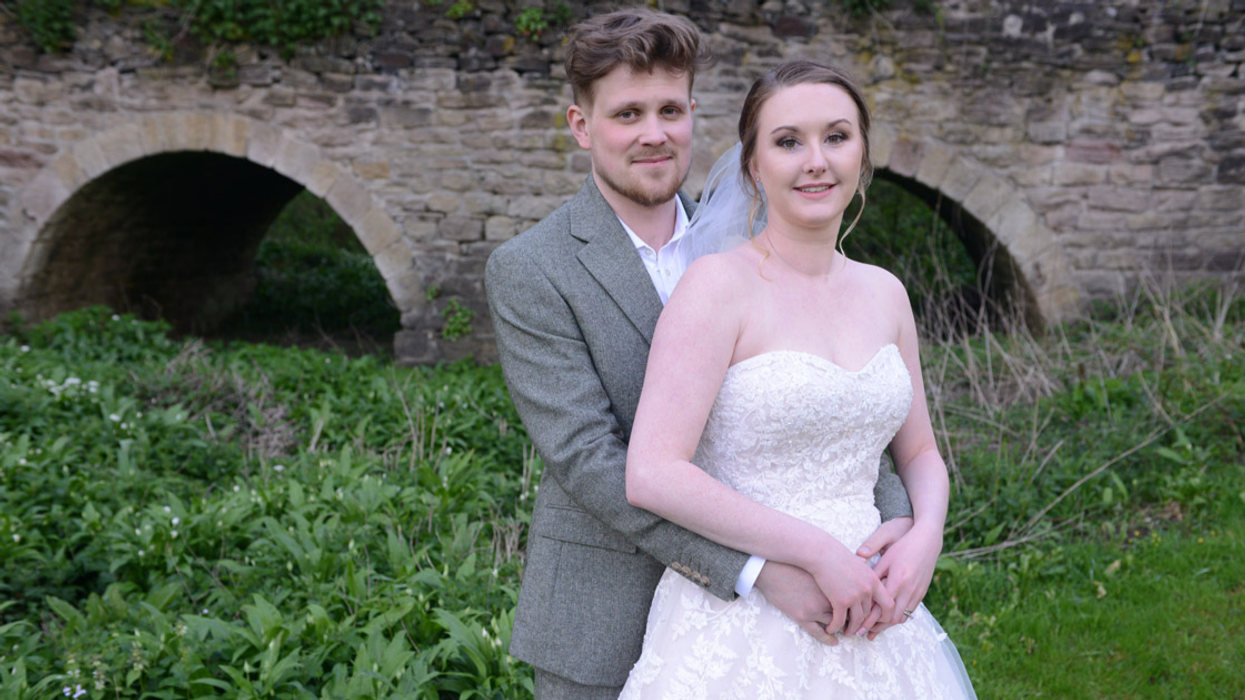







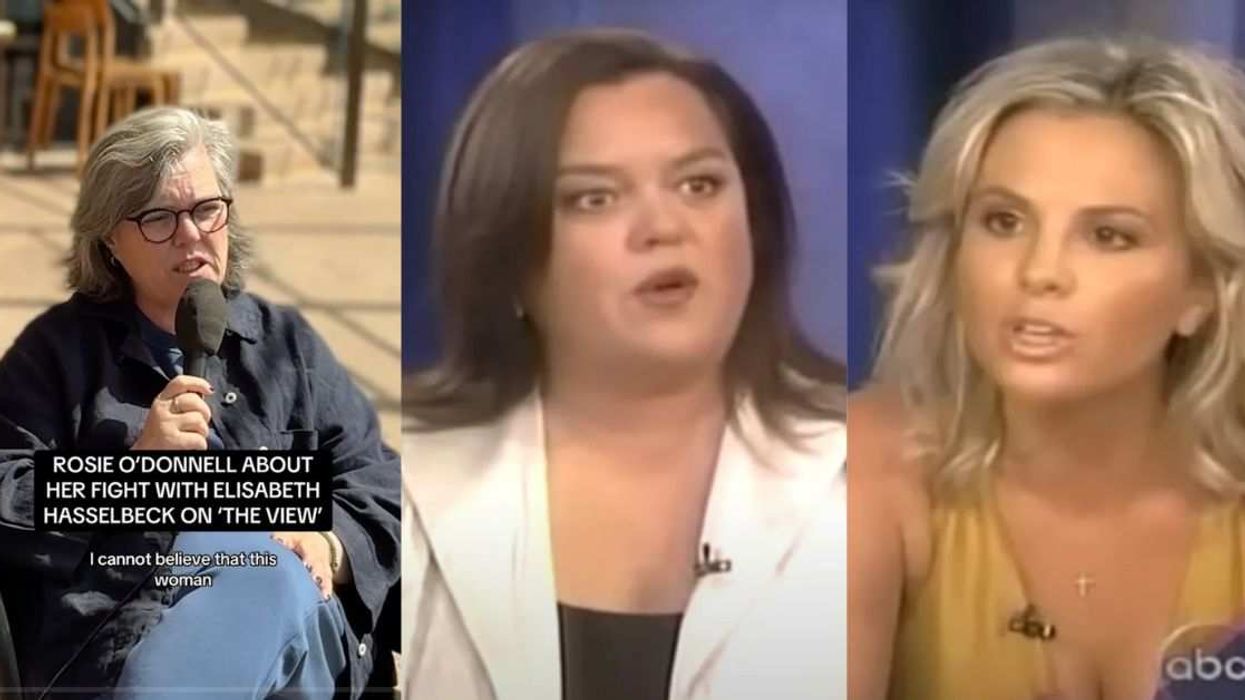



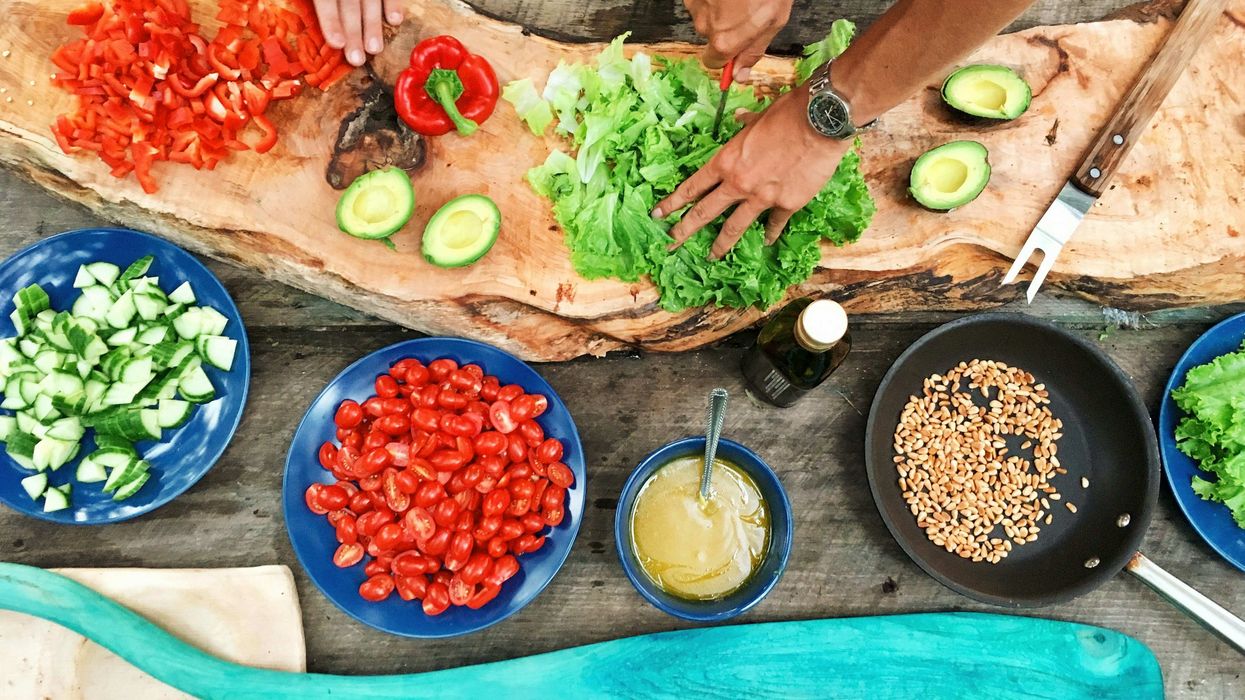
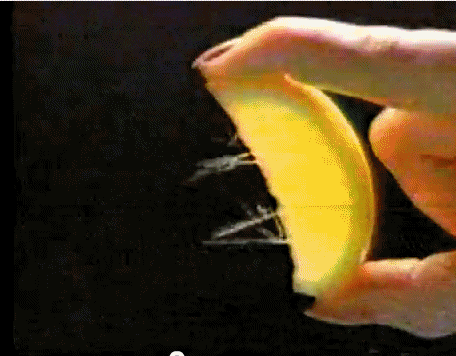 Lemon Juice 80S GIF
Lemon Juice 80S GIF 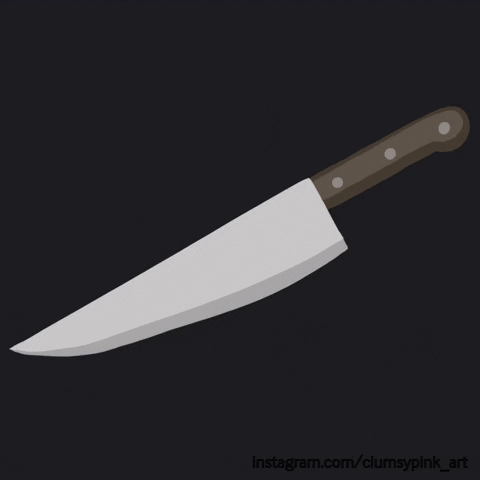 Michael Myers
Michael Myers 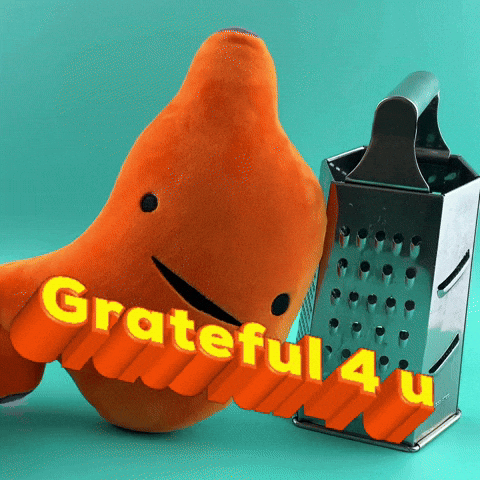 Give Thanks Eating GIF by I Heart Guts
Give Thanks Eating GIF by I Heart Guts 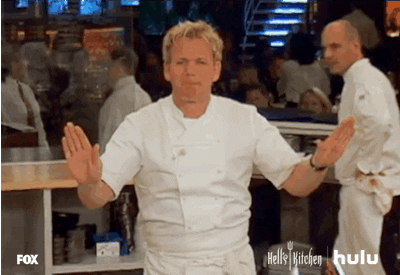 Gordon Ramsay Fox GIF by HULU
Gordon Ramsay Fox GIF by HULU 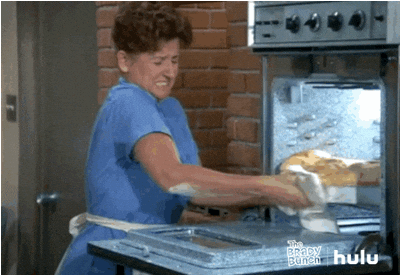 baking ann b. davis GIF by HULU
baking ann b. davis GIF by HULU 

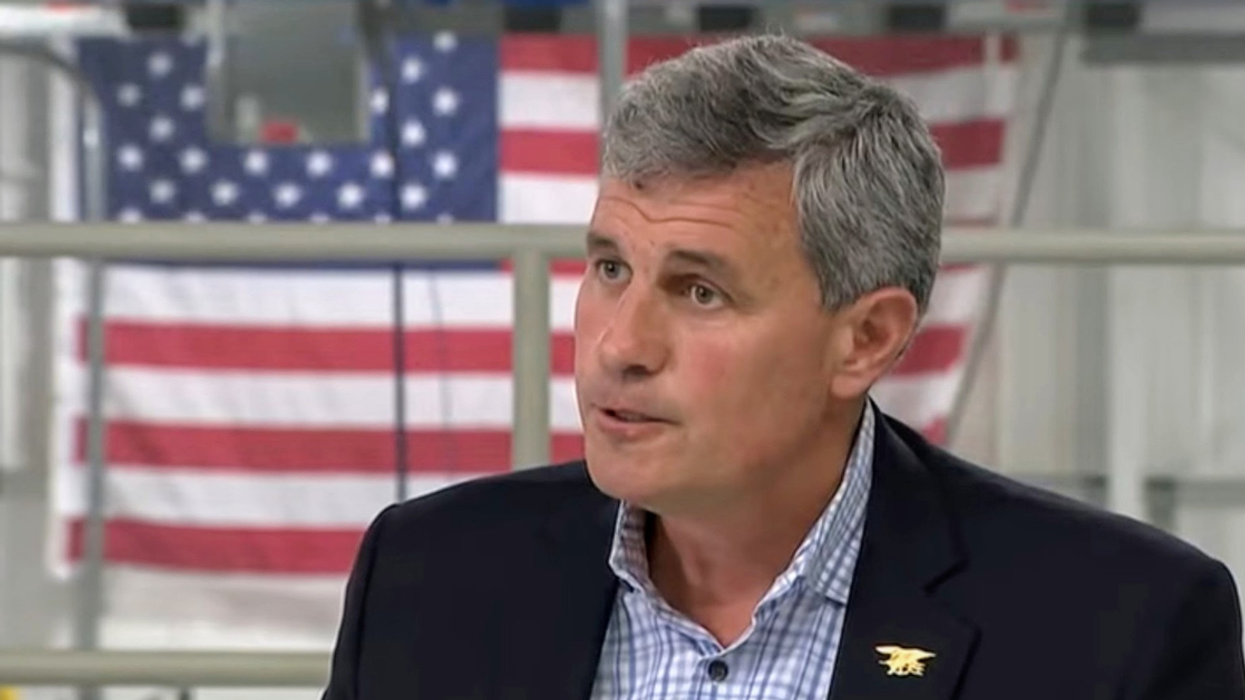
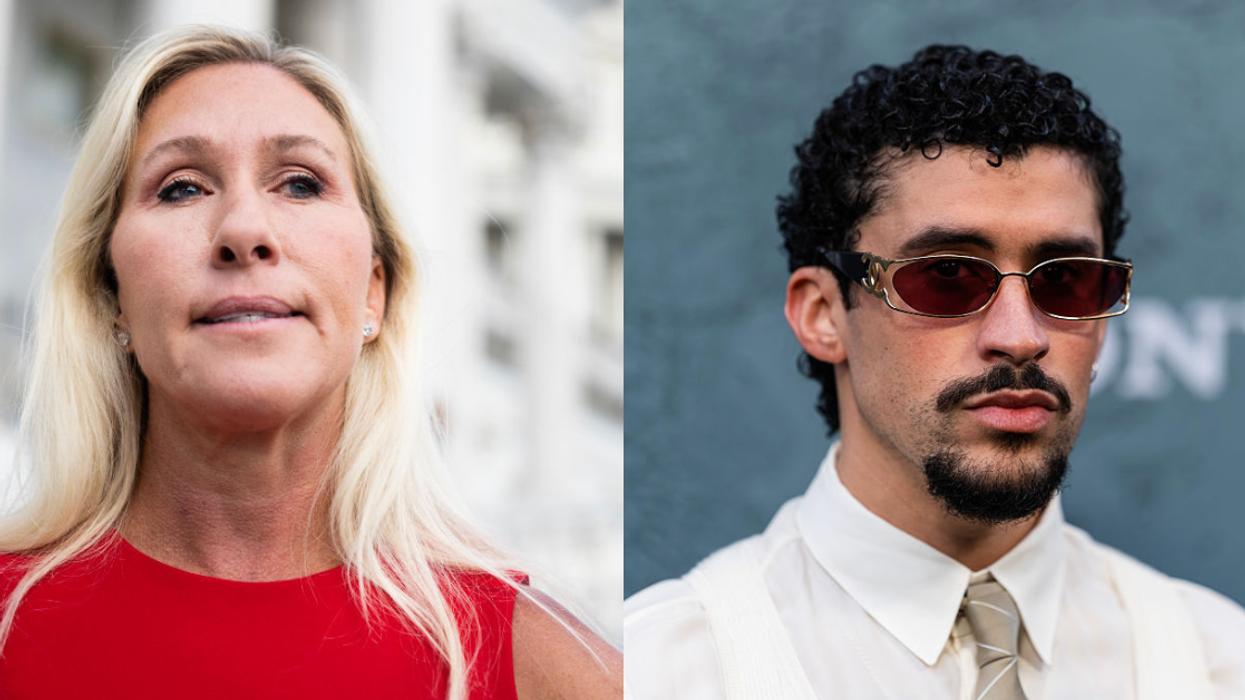
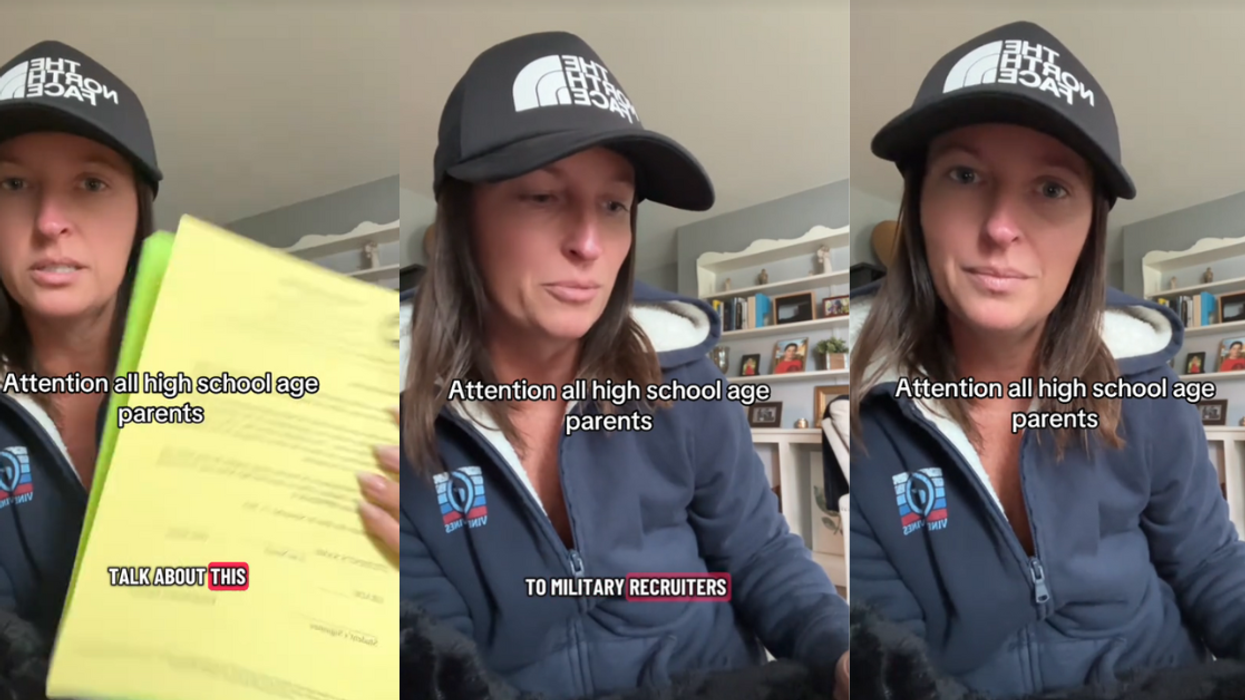

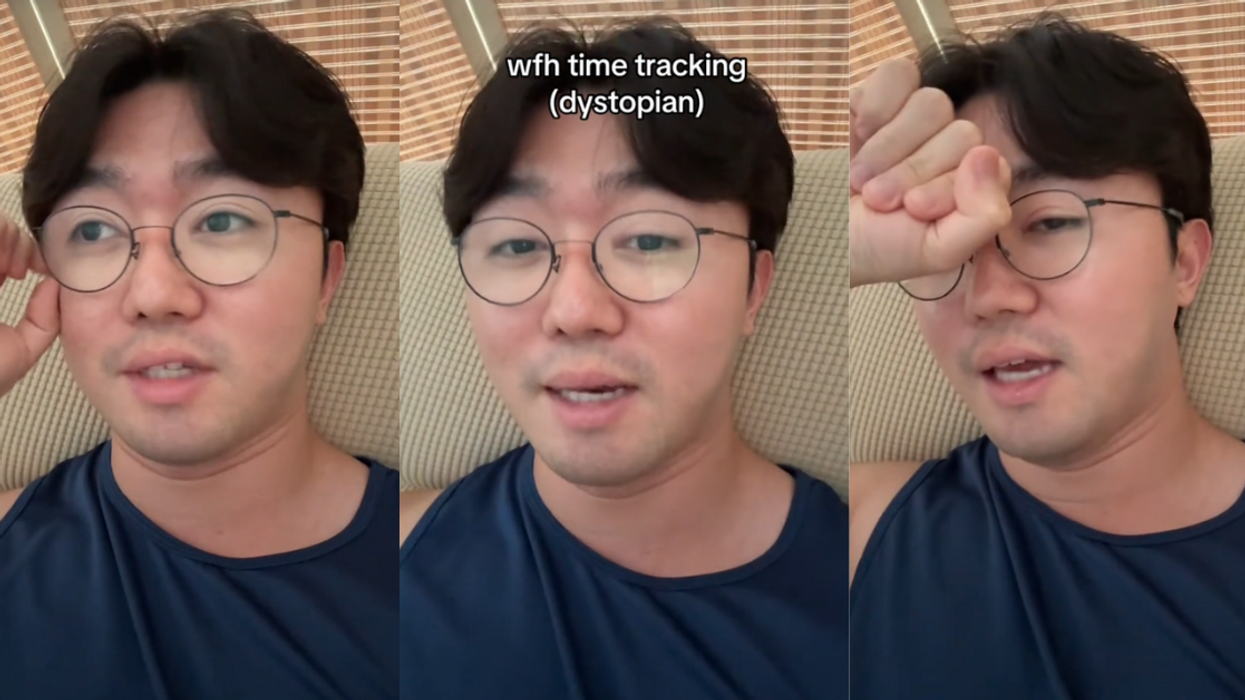
 @timleesblee/TikTok
@timleesblee/TikTok @timleesblee/TikTok
@timleesblee/TikTok @timleesblee/TikTok
@timleesblee/TikTok @timleesblee/TikTok
@timleesblee/TikTok @timleesblee/TikTok
@timleesblee/TikTok @timleesblee/TikTok
@timleesblee/TikTok @timleesblee/TikTok
@timleesblee/TikTok @timleesblee/TikTok
@timleesblee/TikTok @timleesblee/TikTok
@timleesblee/TikTok @timleesblee/TikTok
@timleesblee/TikTok @timleesblee/TikTok
@timleesblee/TikTok @timleesblee/TikTok
@timleesblee/TikTok
 @skylr.m/TikTok
@skylr.m/TikTok @skylr.m/TikTok
@skylr.m/TikTok @skylr.m/TikTok
@skylr.m/TikTok @skylr.m/TikTok
@skylr.m/TikTok @skylr.m/TikTok
@skylr.m/TikTok @skylr.m/TikTok
@skylr.m/TikTok @skylr.m/TikTok
@skylr.m/TikTok @skylr.m/TikTok
@skylr.m/TikTok @skylr.m/TikTok
@skylr.m/TikTok @skylr.m/TikTok
@skylr.m/TikTok @skylr.m/TikTok
@skylr.m/TikTok @skylr.m/TikTok
@skylr.m/TikTok @skylr.m/TikTok
@skylr.m/TikTok @skylr.m/TikTok
@skylr.m/TikTok @skylr.m/TikTok
@skylr.m/TikTok